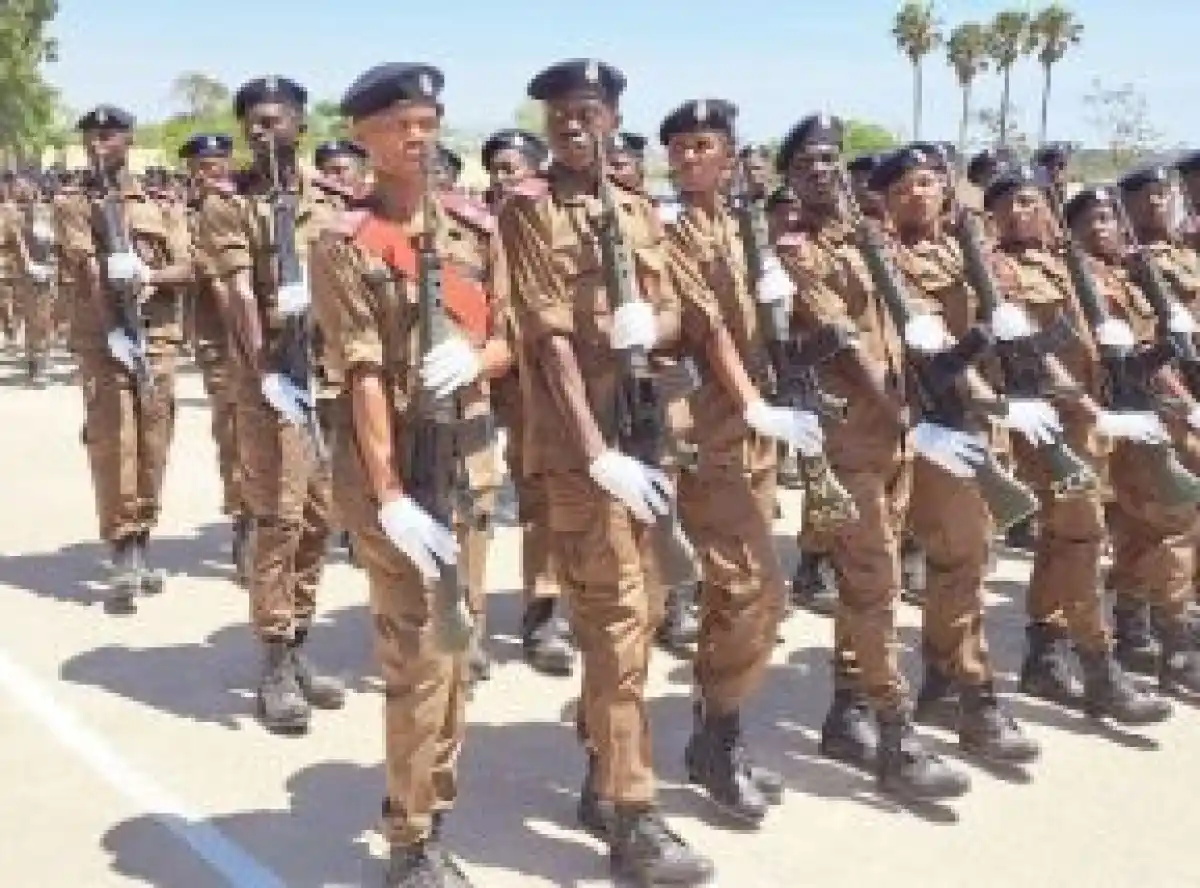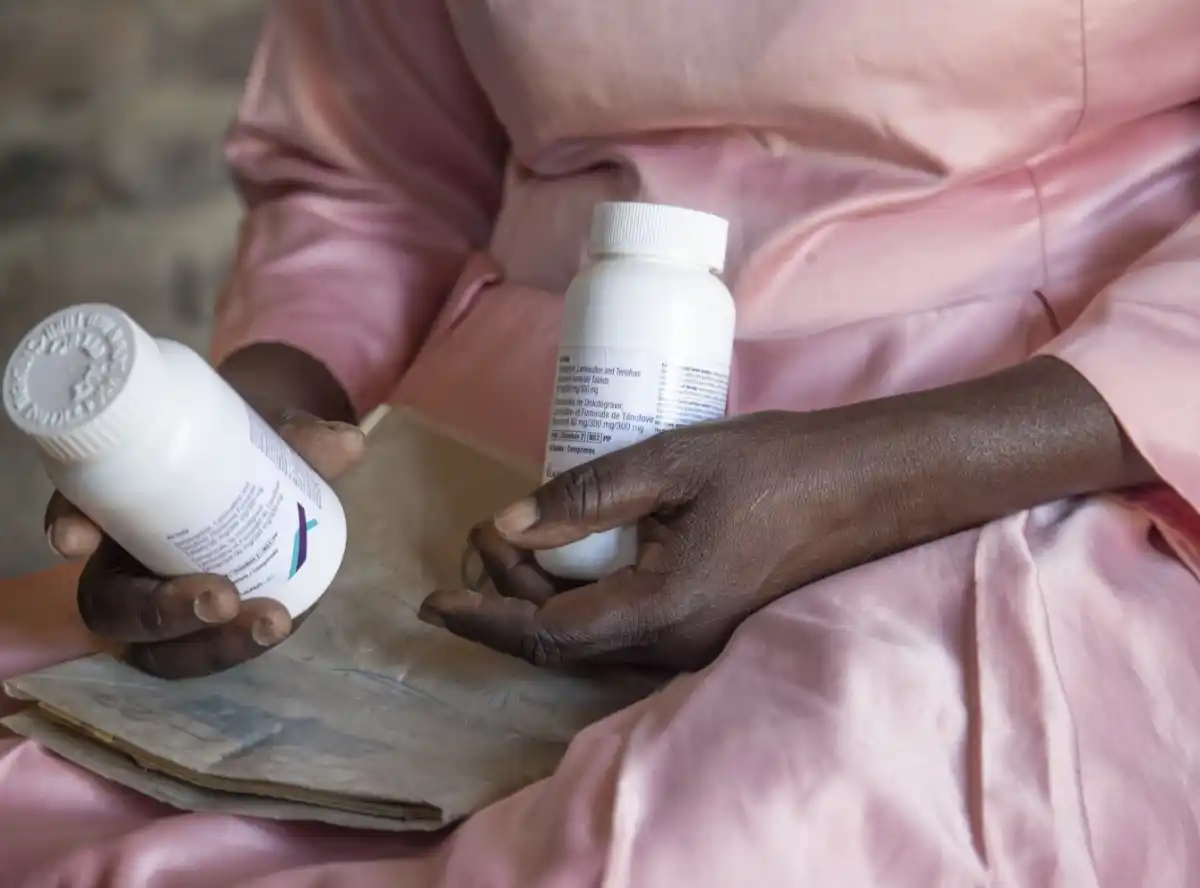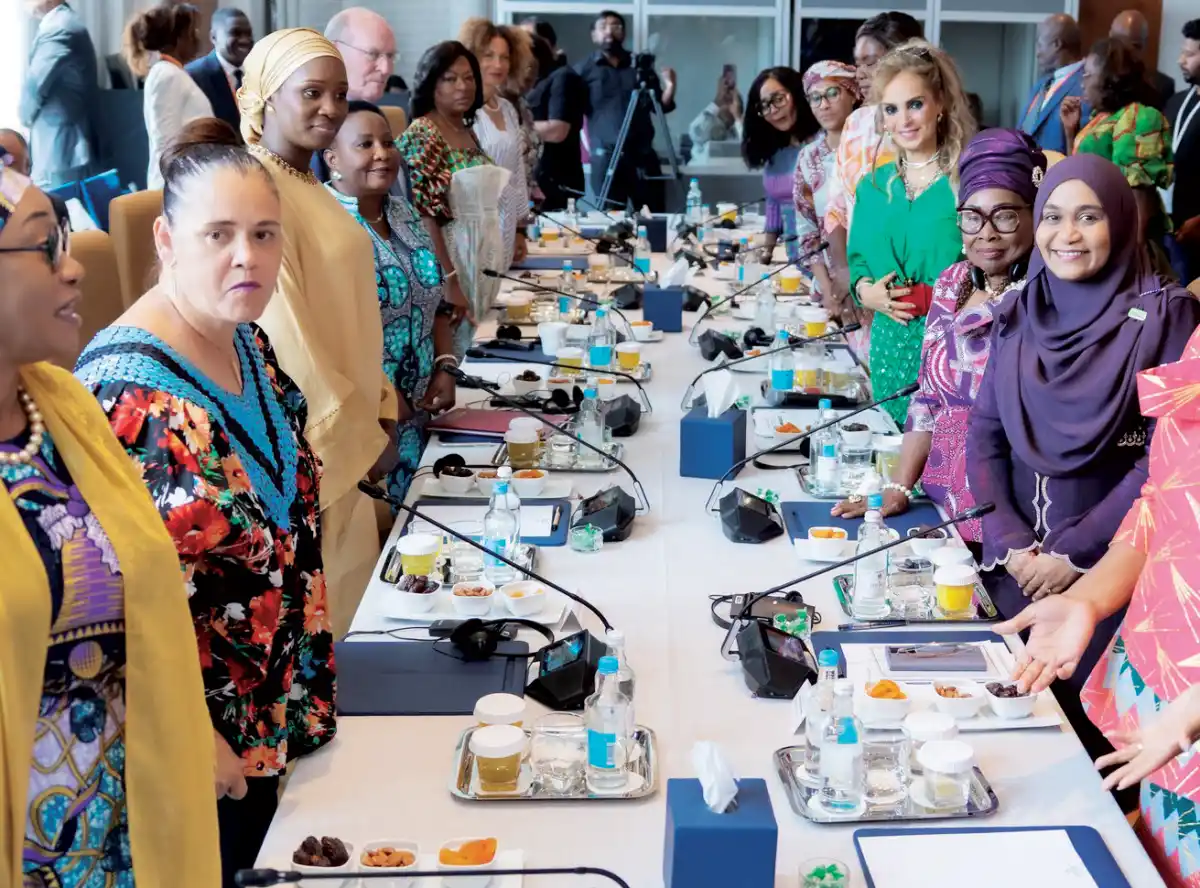
Malawi Prisons Service (MPS) has been collecting cash from recruits purportedly for food rations and medical aid without issuing receipts, Weekend Nation can reveal.
MPS has confirmed taking the money they call “mess fee” from its trainees without issuing receipts, saying they record the collections in a book for auditing purposes.
But while Ministry of Homeland Security described the arrangement as “weird”, the National Audit Office (NAO) said audits done at the institution do not show entries of these funds and Treasury described the situation as “worrisome”.

Our findings show that for eight months in 2023, Mapanga Prison Training School cashed in K148 million from trainees without issuing receipts as is standard practice in the public service.
Corroborated information from the school shows that trainees were asked last year to pay K26 000 for eight months—K25 000 as contribution towards ration and K1 000 for medical aid.
The cohort had about 715 recruits, translating to a monthly collection of about K18.5 million or K148.7 million for eight months.
In a written response last week, National Prisons spokesperson Chimwemwe Shaba justified the collection, saying it is a long-standing tradition meant to supplement funding for ration and medical aid.
He said the collection is also used as petty cash since government stopped a long time ago providing the same.
Asked why they demand cash instead of deducting from their pay, Shaba answered: “Why should the training school deduct on pay-slip and wait for government to remit the deducted amount to the institution while the cash can easily be collected and later be accounted for? Why complicate the collection means?”
He also claimed that the Malawi Police Service uses the same arrangement, but our sources in the police service said recruits do not contribute for food and medical aid as this is duly provided for by government.
National Police spokesperson Peter Kalaya refused to comment on the matter.
But while the prison authorities claim that the practice dates back to 24 years ago, it is unknown to Capital Hill.
In a written response, Secretary to the Treasury Betchani Tchereni said he is not aware of this arrangement.
Explained Tchereni: “I am not aware of this specific issue, but generally this must be part of their departmental receipts, which are being retained and used at source. Education is one institution which collects fees and uses at source.”
Ministry of Homeland Security Principal Secretary Steve Kayuni described the practice as a “weird arrangement”, but said the prison authorities may have to explain it.
On his part, Mapanga Prisons Training School commandant Samson Kajawo said the initiative has been there since the institution’s opening in 2000.
Kajawo, who has been at the institution for 23 years, said he was not aware if Parliament or the Ministry of Homeland Security knew of the arrangement.
Some former recruits recalled that the school exacted a very small fee from them to cater for cleaning tools for their hostels.
Said one on condition of anonymity: “They deducted us just about K2 000 to buy mops, brooms and polish for our hostels instead of waiting for government funding. And this was acceptable. We never contributed for food and medical aid”.
The 2023 recruits received a monthly stipend of K175 000, out of which K26 000 was paid to prison. Our informants indicated that the previous cohort (2017) contributed K10 000 each while the 2014 intake contributed K5 000 each.
Both Shaba and Kajawo stressed that the recruits’ contributions are recorded for audit purposes.
But when we checked with NAO spokesperson Rabson Kagwamminga, the indication was that there are no records of these funds.
“The institution has undergone audits in the past; however, the financial and other relevant information for the period under review have not yet been audited,” explained Kagwamminga.
While Prison authorities cite funding as an issue, programme-based budget reports we have reviewed show that lack of food and medical aid for recruits have not been highlighted as challenges.
What is commonly cited in these documents is inadequate funding for the welfare of inmates.
Public records also show that the department is doing well in producing its own food, which may ease pressure on funding.
In the programme-based budget document numbaer five for 2021/22, the department even indicated that it would cultivate 665 hectares of maize with an estimated harvest of 50 000 bags (50 kilogrammes each





0 Comments